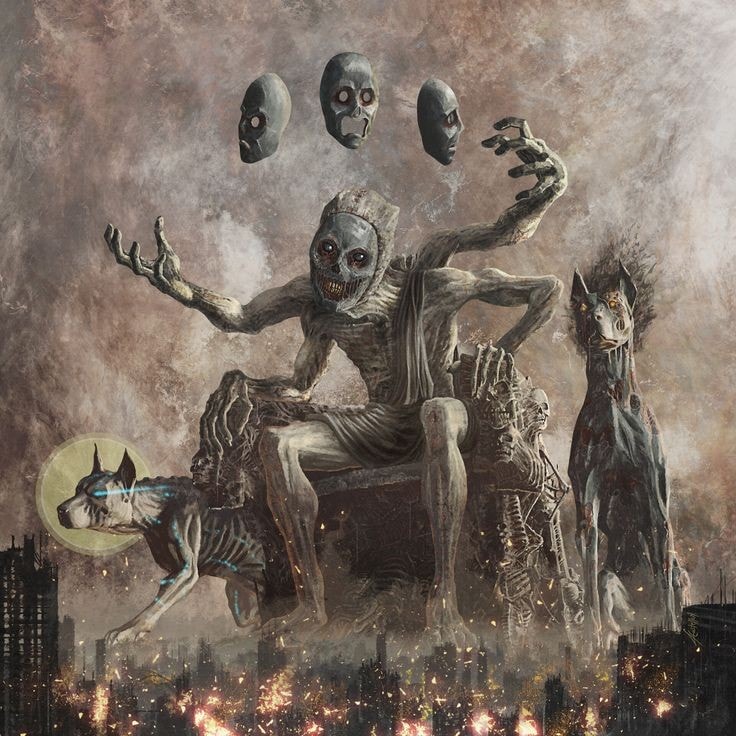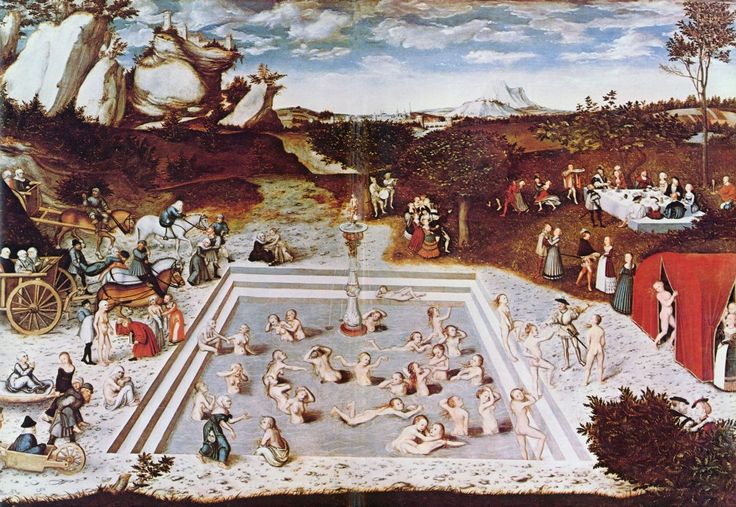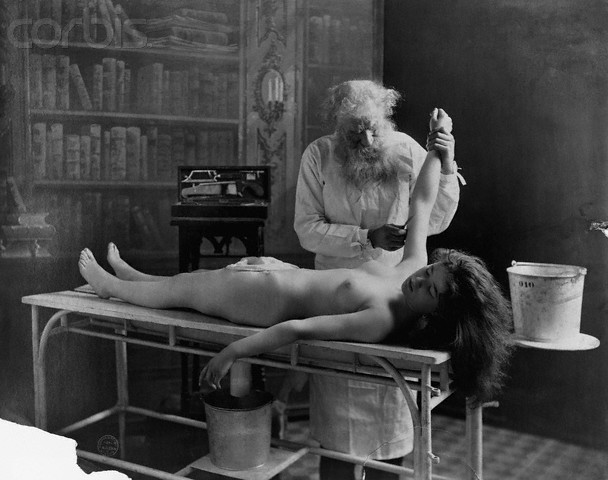Theories of aging
Cellular senescence is the phenomenon where cells lose the ability to divide. In response to DNA damage (including shortened telomeres) cells either senesce or self-destruct (apoptosis) if the damage cannot be repaired. Organismal senescence is the aging of whole organisms. The term aging has become so commonly equated with senescence that the terms will be … Read more









